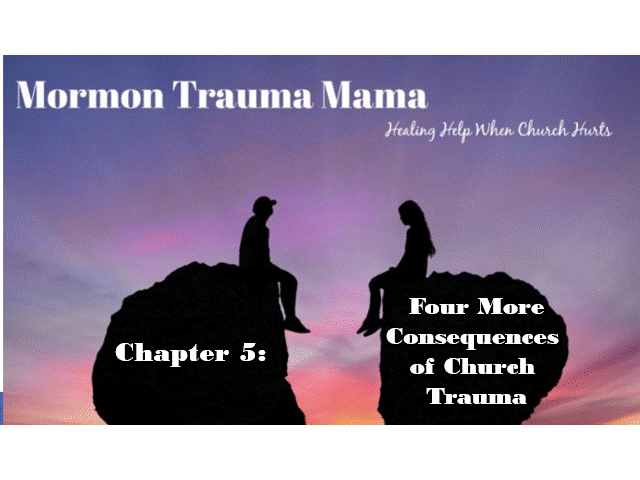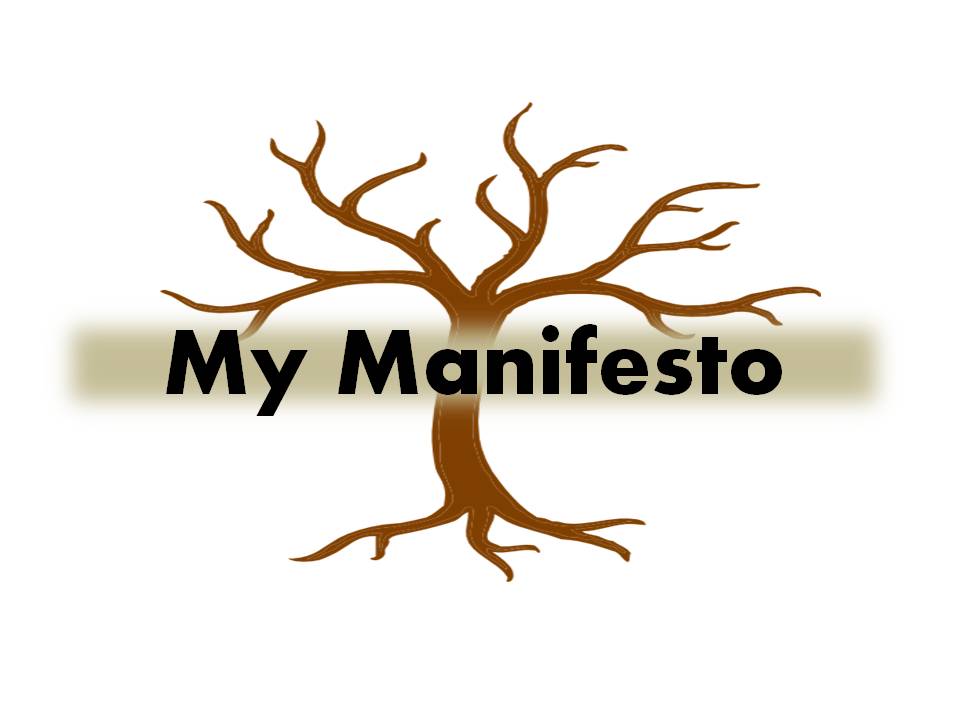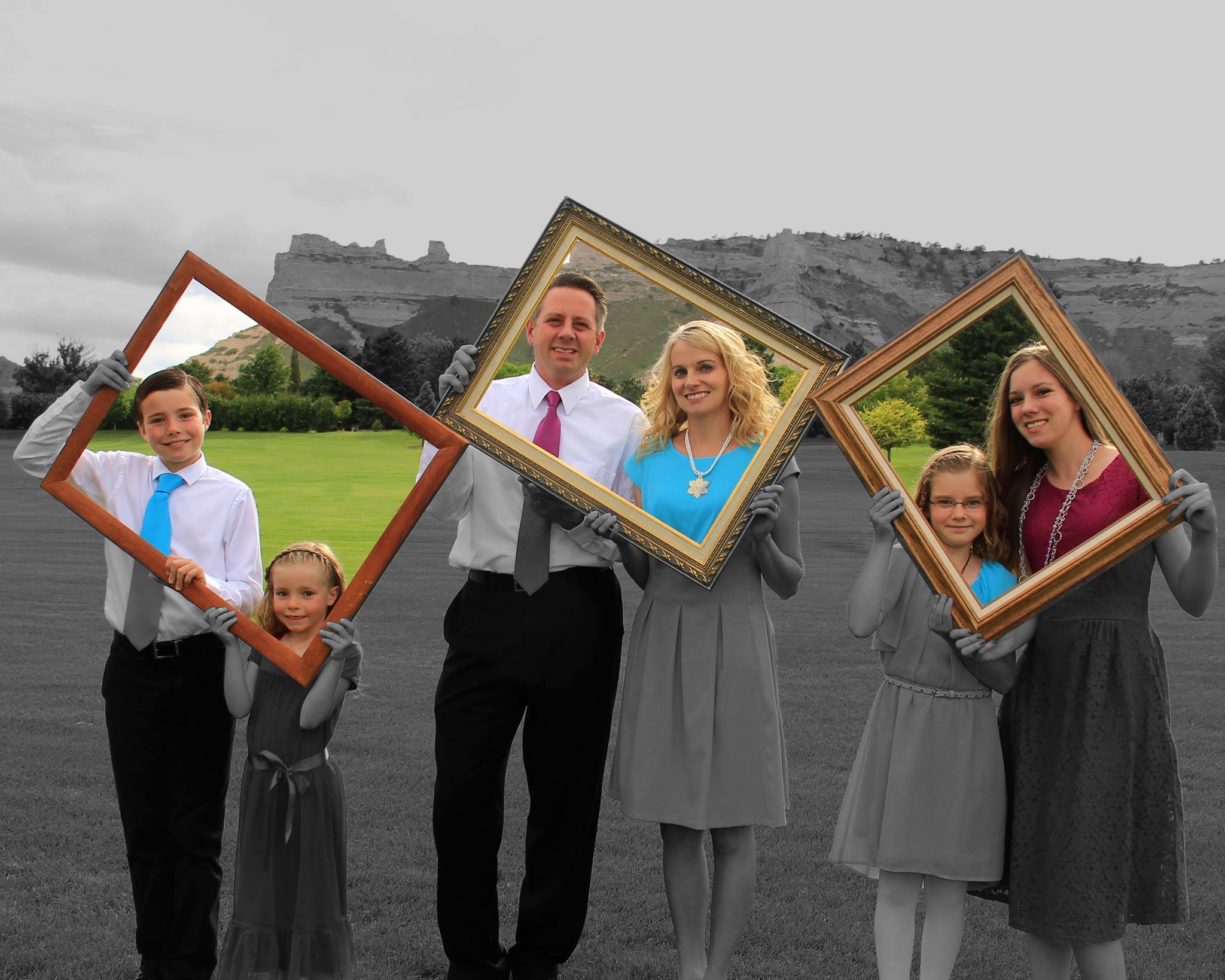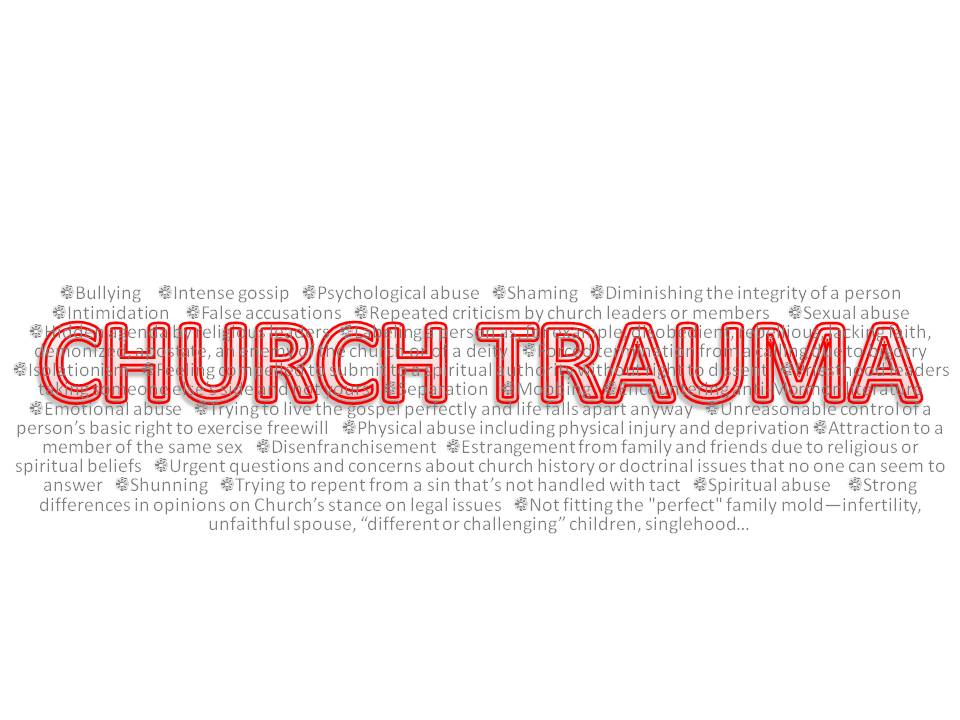Depression
- Acceptance, Anger, Depression, Effects of Trauma on the Family, Fear, Healing, Mental Illness, Self-Care, Shame
Chapter 6: Accepting the Reality of Trauma and Researched-Based Treatments
In chapters 1, 2, 3, 4, and 5, we explored the harmful causes and effects of church trauma. Now we will discuss how to heal and find meaningful beauty and rebirth post trauma. Accepting the Reality of Trauma With so much pain to deal with in regards to church trauma, it often feels very overwhelming and discouraging as victims try to begin piecing their lives together again. It can seem nearly impossible to make sense of it all. Yet, if there is one essential truth that must be grasped in overcoming trauma, it is that in order to heal, one must feel. With that, research shows that there has to…
- Abuser Loyalty, Acceptance, Anger, Church doctrine, Church Exodus, Codependency, Cultural Behavior, Danna Hartline's articles, Depression, Discrimination, Dissociation, Dissonance, Effects of Trauma on the Family, Fear, Fellowship, LDS Women, Leadership, Mental Illness, Modesty, Mormon Culture, Organizational Behavior, Patriarchal Structure, Post Traumatic Church Syndrome, Self-Care, Self-trust, Sex, Shame, Suicide, Trauma vs. Offense, Unrighteous Dominion, Unsafe policies
Chapter 5: Four More Consequences of Church Trauma
Chapter 4 discussed four common effects of Church Trauma: cognitive dissonance, church exodus, dissociation, and abuser loyalty. This chapter addresses four more consequences of Church Trauma: loss of identity, mental disorder, family dysfunction, and shame. Loss of Identity Trauma messes with concept of self. After one is traumatized by the Church, victims often have no idea who they are anymore. The Mormon Church is not just a religion; it’s a lifestyle. Hence traumatization can cause a complete upheaval to a person’s construction of reality, including the self, other people, life, and the future. Few can appreciate the sheer terror religious trauma can create (Tarico, 2015). Many considerations must be examined—“Should…
- Abuser Loyalty, Anger, Church doctrine, Church Exodus, Codependency, Cultural Behavior, Danna Hartline's articles, Depression, Dissociation, Dissonance, Fear, lds culture, Leadership, Mormon Culture, Organizational Behavior
Chapter 4: Four Consequences of Church Trauma
Consequences of Church Trauma Now that we have discussed many of the causal factors of church trauma (see chapters two and three) within the Mormon Church, it is important to also look at the consequences of traumatic situations found there. Although the focus will be on consequences of trauma in the Mormon faith, it is important to note that these consequences can be found within most sufferers of church trauma, regardless of the religion. Indeed, because of church trauma, we see many serious side effects, including the following: cognitive dissonance, church exodus, dissociation, abuser loyalty, loss of identity, mental disorders, family dysfunction, and shame. Each will be discussed below: (Added…
- Acceptance, Anger, Danna Hartline's articles, Depression, Effects of Trauma on the Family, Empathy, Love, Mental Illness, Shame, Suicide
Waves of Grief
A few months ago, I shared a story of a tragic suicide. Sadly, as preoccupied and short-sighted humans, we often momentarily mourn over the loss of a passing associate but then maybe forget about those who are left behind and the long-lasting effect the death–and the causes of it–has on them. Below is a follow-up on the dear mother of the deceased: Christine Burton. She offers some important insights of one who has been left to suffer mostly alone: “It has now been six months since my son Michael’s tragic and untimely death. What has transpired during this time frame, has been mind altering, eye opening, and heart rending! The tsunami…
- Danna Hartline's articles, Depression, Effects of Trauma on the Family, Empathy, Healing, Love, Mental Illness, Self-Care, Shame, Suicide, Trust the Lord
Mormonism Is Good; Mormonism Is Bad
I was talking to a friend from South Sudan a few days ago about the Church. She was baptized in 2014 but stopped attending in 2017. She said something interesting to me: “I see why you left the Church and I see the problems you present. They are real and valid. You have outgrown it and you are wise to have moved on. You have healed since you’ve left. But Danna, the Church is also good. It helps people like me in a way most religions don’t. If I need help, they come; they want to come. They want to be good. It raises very good people. Look at you.…
- Acceptance, Courage to Speak Up, Danna Hartline's articles, Depression, Dissociation, Dissonance, Effects of Trauma on the Family, Empathy, Examples of Courage, Fellowship, Healing, Lost Sheep, Love, Shame
The Pendulum Swing of Trauma–And How It Pertains to Religion
I have a very dear friend that I’ve known since college who is in an extremely hard situation. After being married to her husband for over two decades, she finally gained the courage to leave him. Over the course of many years, he locked her in closets, drugged her, convinced her she was masturbating in her sleep and tied her wrists to the bed, beat her, choked her until she passed out, dragged her by the hair out of the shower and across rooms, manipulated all of the people around him—including their children—to believe his every word, etc. He even had his church leaders completely won over and held high church positions throughout their…
- Courage to Speak Up, Depression, Dissociation, Dissonance, Effects of Trauma on the Family, Empathy, Healing, lds culture, LDS Women, Leadership, Lesley Butterfield's articles, Love, Mormon Culture, Post Traumatic Church Syndrome, Priesthood, Racism, Shame, Suicide, Unrighteous Dominion
What Are The Roots Of Mormon Trauma?
SHHHHH! I want to share a secret with you. I already wrote this article. I’ve been writing this article on Mormon Trauma for a few weeks now actually. And I have struggled with it. Originally, I wrote this article with the intention that I did not want to alienate anyone because church trauma within the LDS faith is not widely known. I did not want to be deemed an anti-Mormon or apostate because of what I wrote. I did not want to be called a sensationalist. I didn’t want to hear that I was too angry or hateful. I wanted to avoid being told I was over-reacting or being too…
- Abuser Loyalty, Danna Hartline's articles, Depression, Dissociation, Dissonance, Effects of Trauma on the Family, lds culture, Leadership, Mental Illness, Mormon Culture, Post Traumatic Church Syndrome, Shame, Suicide, Trauma vs. Offense, Unrighteous Dominion
The Church-Trauma Tree
Let me introduce myself. Maybe you know me. I’m Danna Hartline. I am the founder and creator of the Mormon Trauma Mama—this website right here—which focuses on church trauma and healing. If you are a follower, I hope you’ve found it helpful. I have an incredibly talented team that works with me—maybe you’ve noticed! My team and I also run a Facebook group called LDS Church Trauma and Healing. As a team, we are also organizing an invitation-only summit this fall called When Church Hurts. We are bringing together some of the top minds in this movement to collaborate and support each other’s efforts as we work on raising awareness about…
- Acceptance, Anger, Danna Hartline's articles, Depression, Dissonance, Empathy, Examples of Courage, Healing, Love, Self-Care
Growing Up Is Hard Work
Let us not deny it: Growing up is hard work. I’m learning that. For years I thought growing up just came with age but I’m learning that it’s something I get to choose to do—or not do. And today was a test in growth. It hit rather subtly. I thought I was doing so well and I have been. I have been really paying attention to my self-talk and not being reactive but today I felt I lost all grounding. For a moment, the stresses seemed to be too much. I “broke,” something I haven’t done for some time. (A tendency I have is to feel everyone else is allowed to…
-
The Dying of Beliefs Post Trauma
In her book On Death and Dying, Dr. Elisabeth Kubler-Ross taught that there are certain steps one goes through in the dying process: denial, anger, bargaining, depression, and acceptance. In the first stage of denial, people refuse to accept their new reality. They say, “The lab must have gotten my tests mixed up with someone else’s.” Or “This happens to other people, not me.” But their denial doesn’t work very long. So they move into the next stage: anger. They are angry at the doctors, angry at their family, angry at God. When the anger doesn’t help, they begin to bargain. They think they can bargain with God to buy…


















